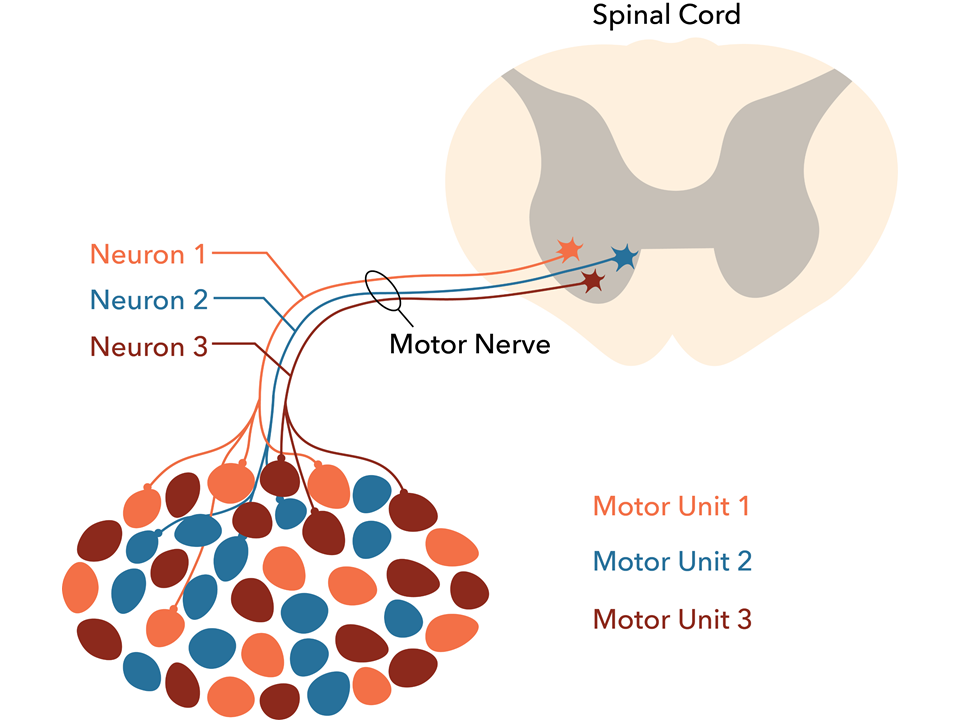In this post we discuss why force control is more important than strength as you age and what you can do to improve it.

You may be aware that regular resistance training can help reduce the negative effects the ageing process has on muscle mass and strength.
Whilst this is true, researchers point to a further factor that might influence your ability to stay active. Something which isn’t necessarily improved with regular strength training. It’s called force control.
What is force control and why is it important?
Put simply force control is your ability to maintain a steady level of force from a given muscle or group of muscles.
It’s a complex process that involves the coordination of multiple sensory and motor processes to regulate the magnitude and direction of forces used in physical interactions.
Force control is essential for performing a wide range of activities. These include grasping objects, manipulating tools and maintaining balance during movement.
It can be measured at any joint but most of the current research has centred on finger control for the purposes of grip, and both ankle and knee control to reduce falls.
Force control is not just about preventing falls however. It may be a canary in the coal mine for age related changes to muscular system function.
It’s been suggested that, at least in the early stages of ageing, declines in functional capacity are more closely related to impaired force control, than a reduced capacity to generate maximal force.
Why does force control change with age?
To understand why force control changes as we age, it’s necessary to understand a little bit about how our muscles work.
For your muscles to produce movement they must first receive a signal from your central nervous system (CNS). This is achieved via something called a motor unit.
A motor unit is the smallest component of the neuromuscular system. It consists of a motor neuron (nerve cell) and all the muscle fibres it controls.

Motor neurons are located in the spinal cord and connected to muscle fibres via axons that travel from the spinal cord, to junctions with the fibres they innervate.
To give you an idea of the numbers involved, a small hand muscle is controlled by approximately 120 motor units. Larger muscles that move bigger limbs are controlled by thousands of motor units.
Motor unit loss
A normal part of healthy ageing is the gradual loss of motor units. It’s estimated that by the time we reach our 70s we’ll have lost 40% of our motor units. This is largely due to a decline in motor neuron numbers.
In response the motor units that remain reinnervate some but not all of the muscle fibres affected in a process called collateral sprouting. Essentially their axons grow into adjacent fibres that have been left without a nerve supply.
Ultimately this leads to fewer motor neurones in control of more muscle fibres. This may impact our ability to accurately regulate force control, particularly at lower intensities.
Changes to motor neuron inputs and outputs
As we age motor neurons experience gradual changes to both their input and their structure. Both these changes make them less effective at their job.
Most relevant are changes to the input of motor neurons from the brain itself.
For example, older adults demonstrate a higher amplitude of common input compared to young adults during low-intensity muscle contractions.
In other words there’s a higher level of signalling from the CNS in older people, to sustain muscle contractions that require less signalling in younger people.
The reasons for this aren’t clear. It’s possible however that reduced feedback from the periphery plays a role.
For example 1a afferent nerve fibres feedback information from the muscle to the motor neuron. With age they become less effective which has been shown to directly increase corticospinal excitability.
All of this information points to an inability of older adults to regulate and coordinate the inputs that spinal motor neurons receive. As a result force control may suffer.
What you can do to improve force control
The good news is that force control can be improved at any age over a relatively short space of time. Research indicates that no more than 4 weeks are required.
This again suggests that force control may be more related to CNS function than strength.
Low intensity resistance training to improve force control
Several studies have shown that low intensity resistance training is effective at improving force control.
Most successful exercise interventions have used a maximum voluntary contraction (MVC) of no more than 10%. This requires an extremely light resistance in most cases.
Move slowly during the repetition and pay particular attention to any parts of the range where you find you want to speed up.
You may experience shaking on the concentric (lifting) phase. Or ratchet like movement on the eccentric (lowering) phase. These are both signs that improvements in force control can be made.
Move deliberately through these segments and focus on trying to keep the movement as smooth as possible.
Explore joint range of motion
If reduced feedback from the periphery contributes to deficits in force control, then exploring joint range of movement may be important.
This should be done in a slow and deliberate manner and under your control. Not through passive means like stretching.
Isometrics to improve force control
Isometrics are muscle contractions without movement of the joint or joints those muscles act upon. Studies have shown that isometrics of varying intensities are successful at improving force control.
Isometrics also allow you to regulate your effort level more easily and target the joint angles where control seems to be an issue.
Summary
Whilst changes to the neuromuscular system are inevitable with age, it seems that appropriate exercise can have a profound effect. This is particularly true of force control.
In fact losing the ability to accurately sustain force with our muscles may be more related to a lack of use than age related changes per se.
Understanding you might be susceptible to these changes and exercising in a deliberate manner can help you to ameliorate these negative effects.